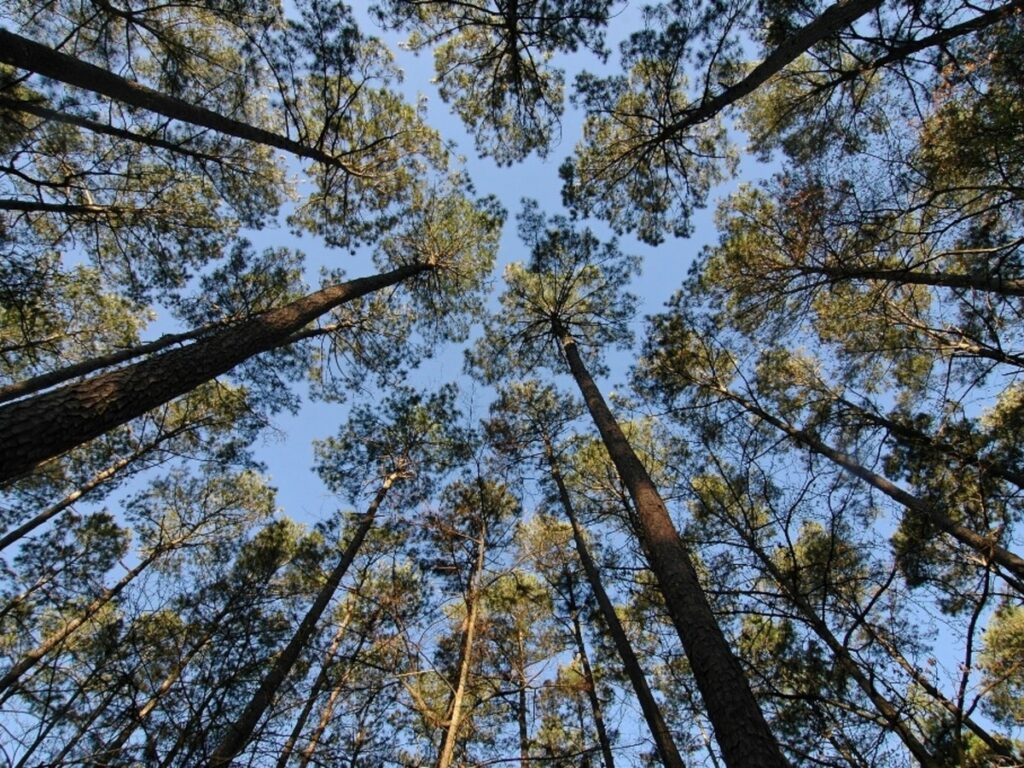The Western Gulf Forest Tree Improvement Program (WGFTIP) preserves and improves populations of loblolly, slash, longleaf, and shortleaf pine. We also work with a few plantation hardwood species.
WGFTIP was established in 1969 and created a formal relationship with our tree improvement partners.
The cooperative model allows our members within a local region to share workloads. This speeds up the tree improvement process and gives members access to the same improved genetics.
Early program emphasis was on establishing the breeding populations of loblolly and slash pines with membership expanded to include forest industries and state organizations in Arkansas, Oklahoma, Louisiana, and Mississippi.
Landowner impacts
Since the inception of the program in 1969:
- Site productivity on a good site increased from 5.75 to 7.50 tons per acre per year.
- Present value based on discounted cash flow from marginal increases in the growth of lumber and wood products between $5 and $10 per planted acre.
- Annual increase in marginal stumpage value increased from $2.5 to $5 million.
- Current marginal present value of $75 to $150 million added to the regional wood supply resource annually.
Membership
Our members get access to current germplasm, data and publications, employee development opportunities, and research collaborations. If you’re interested in joining our efforts, contact us directly at [email protected].
